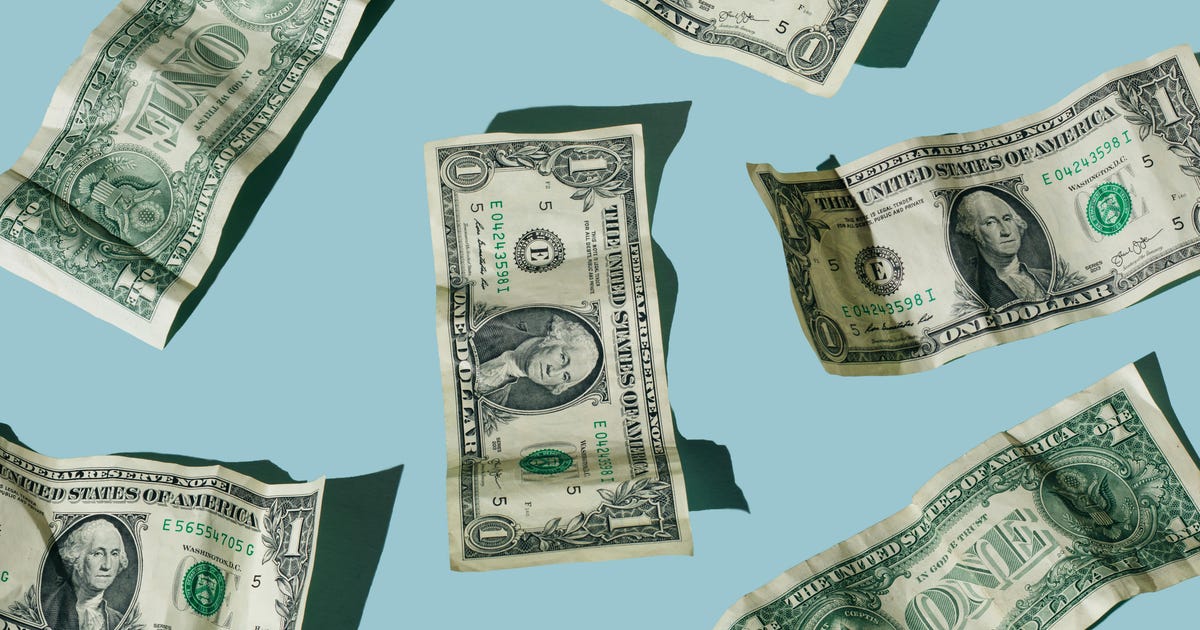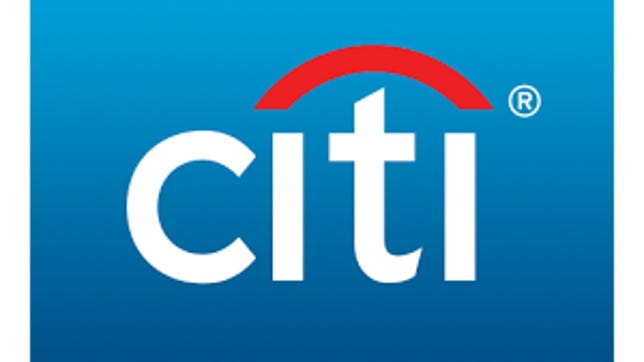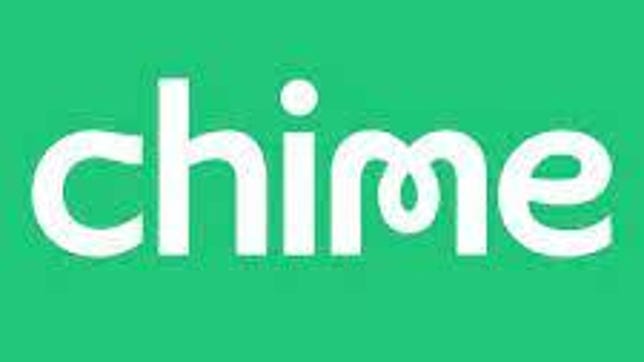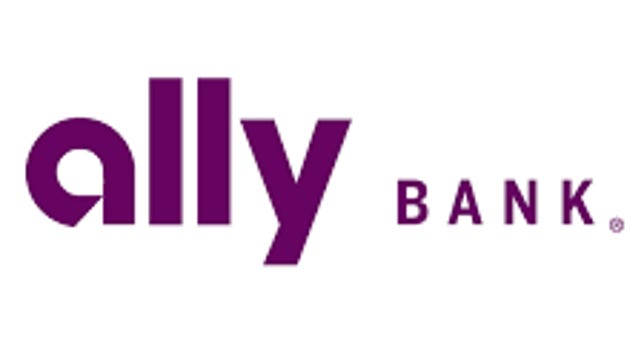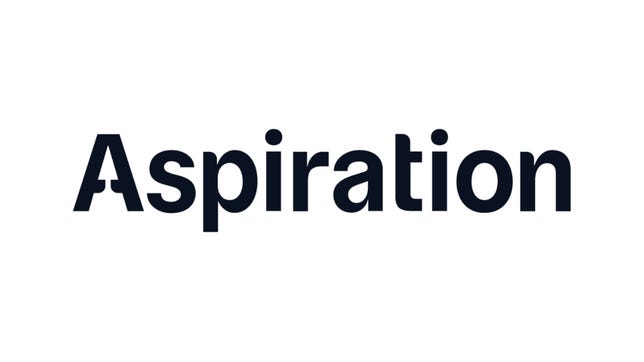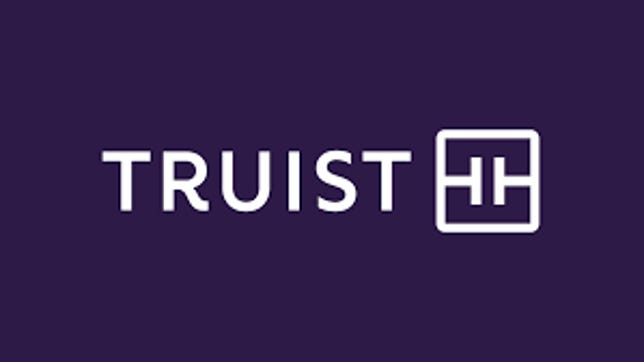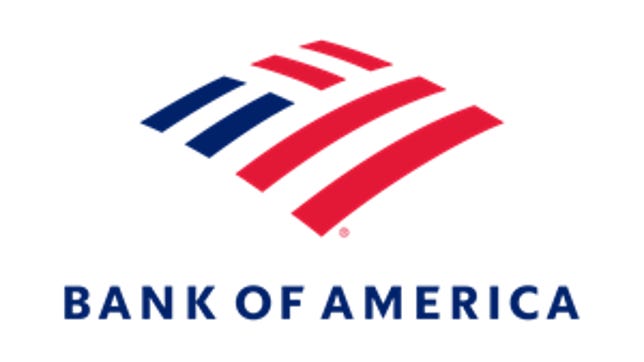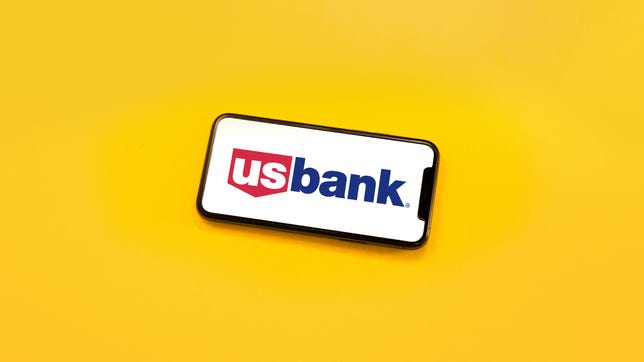Overdraft and nonsufficient funds fees disproportionately target vulnerable or struggling households that are regularly low on funds. An overdraft fee is a fine imposed by your bank when you make a purchase or payment and your checking account doesn’t have enough money to cover it. Typically, an overdraft fee kicks in when your transaction goes through and your account gets overdrawn, while a nonsufficient funds fee occurs when the bank declines your purchase because of inadequate funds (like a bounced check), and then charges you a returned item fee.
In 2021, banks reaped almost $11 billion from consumers in overdraft fees alone, according to the annual spend report conducted by the Financial Health Network. Such fees, which specifically hit those who can least afford them the hardest, have been increasingly under fire by consumers and federal regulators alike, pushing some banks to cut back or end the practice entirely.
Overdraft and nonsufficient funds policies vary by financial institution. Many banks that operate entirely online with no physical branches cut overdraft fees years ago, and a few major banks followed suit by modifying them in recent months. Most banks also provide some type of overdraft protection, which automatically moves money from a linked account to cover funds that were overdrawn in the main account, allowing you to bypass a potential fee.
Here are banks that have ended or reduced overdraft fees. We will update this list as more banks offer services and programs that reduce the burden of overdrawing.
Citigroup
Starting in June, Citibank eliminated all overdraft fees, returned-item fees and overdraft-protection fees. Citi is the only top five US bank (based on assets) to completely eliminate these fees, according to the bank.
In addition, Citibank offers a Safety Check feature that will transfer available funds from any linked Citibank savings account to cover overdrafts. The service is free with a Citigold or Citi Priority account or $10 with other accounts once per day that you transfer funds for overdrawing.
Customers approved for a Checking Plus account — which is a revolving personal line of credit — can automatically have funds transferred from this a credit line to their checking account to cover overdrafts.
Capital One
Capital One eliminated overdraft fees in January, replacing the old practice with what the bank dubs “No-Fee Overdraft” protection. No-Fee Overdraft protection will allow you to overdraw your account without incurring a fee, but once you do, you’ll need to deposit money into your account to cover the overdraft. If you try to use your card once after you’ve overdrawn, but before you fund your account, the transaction will be declined.
You also have the option of allowing overdraft transactions to be declined outright, or you could link to a Capital One savings or money market account to cover overdrawn transactions
There isn’t a fixed cap on how many times you can overdraw, but there will be a dollar limit on how much you can overdraw your account by. That dollar amount will be based on your individual circumstances, as Capital One says it will continually evaluate “the customer’s deposit history and risk profile,” according to the spokesperson. If you hit your overdraft limit, your transaction will be declined, but no fee will be assessed
If you’re currently enrolled in this bank’s overdraft protection program, you should have been automatically enrolled into the No-Fee Overdraft protection. If you aren’t enrolled in the service, you can sign up at any time.
Discover
Best known for its credit cards, Discover is also a full-service online bank. In 2019, Discover removed all fees on its checking, money market and savings accounts, including eliminating its $30 insufficient funds fee. If you use your debit card and do not have enough funds in your account, your card will be declined and you will not be charged a nonsufficient funds fee.
If you have a Discover savings account or money market account, you can also enroll in the company’s free Overdraft Protection program. This works by transferring money from your savings or money market account to your checking account if you overdraw on your account. If you do not have enough money in a linked savings account to cover the transaction, your charge will be declined.
Discover says it currently isn’t enforcing its withdrawal rules, so you could technically overdraft more than six times, occasionally. We don’t recommend getting into this habit though, because if Discover returns to enforcing these rules, and you go over your six withdrawal limit, the bank may review and close your money market or savings account.
This bank’s overdraft protection has another limitation — it doesn’t work if you use your PIN to pay for purchases or withdraw cash from an ATM. In these cases, if you don’t have sufficient funds in your debit account, your transaction will be outright declined, but no fee will be incurred.
The bottom line? Discover’s Overdraft Protection is free and has some limitations — but you won’t be charged overdraft or nonsufficient fund fees whether you enroll in this protection or not.
Chime
Chime is a financial technology company, not a bank, but its bank accounts are FDIC-insured. Chime does not charge overdraft fees, monthly fees or foreign transaction fees — it also has no minimum balance requirements.
SpotMe, Chime’s optional free overdraft protection service, is available to account holders who make a direct deposit of $200 or more each month to their checking account. When you first enroll, you can overdraw up to $20 on debit card purchases and cash withdrawals. Later, you may be eligible to overdraw for higher amounts, up to $200.
If you don’t enroll in this service or if you try to overdraw by a higher amount, Chime will simply decline the transaction if you do not have enough funds in your account. You won’t be charged a fee if a transaction is declined.
Ally
Ally Bank, which provides online banking, waived overdraft fees at the start of the COVID-19 pandemic and decided to permanently eliminate them on all accounts nationwide in June 2021. You’ll never be charged an overdraft fee — and you can set up extra protection.
For example, if your Interest Checking Account is linked to your Online Savings or Money Market Account, and you accidentally overdraw, Ally will transfer money over, rounded up to the nearest $100. This service limits these transfers to six withdrawals per statement cycle.
You could also qualify for CoverDraft service, which provides up to $250 in temporary relief for a transaction when you overspend. You’ll get 14 days to bring your balance out of the negative, with your next deposit automatically applying to the overdrawn balance. If your account does not have sufficient funds to cover the transaction after two weeks, Ally could restrict your withdrawals.
Aspiration
Aspiration is an online-only financial firm, not a chartered bank, offering a variety of accounts, with a focus on sustainable spending. The firm doesn’t offer traditional savings or checking accounts, but customers can open a cash management account for daily transactions called Spend & Save, which has separate checking and savings balances.
Generally, Aspiration tries to avoid processing transactions if you don’t have sufficient funds. “We are usually able to prevent the processing of checks, ATM withdrawals, debit card purchases or online transfers from happening when our members don’t have enough funds in their account to cover them,” said Aspiration CEO Andrei Cherny.
However, if you do accidentally overdraft and your account falls into the negative, you won’t be charged a fee.
Truist
A merger between BB&T and Suntrust, Truist bank recently launched Truist One Banking, which offers two checking accounts without overdraft fees. These accounts allow you to overdraw without incurring a fee. If you reach a negative $100 balance, transactions will then be declined. This overdraft feature will be available to Truist customers who have made a deposit of $100 or more for two consecutive months
If you’re not eligible for this service, you still won’t be charged a fee for overdrawing. Instead your transactions will be declined.
Truist also offers free overdraft protection, which lets you link your checking account to a savings account or line of credit in case you overdraw. This would then transfer a balance from the linked account over to cover the charge.
While Truist One Banking is free of overdraft fees, Truist also eliminated overdraft fees for many existing bank accounts for its other banking services, according to Derik Farrar, Truist Retail Community Bank Head of Personal Deposits.
Bank of America
Beginning in February, Bank of America eliminated its nonsufficient funds fees, and added protection so that customers can’t overdraw their accounts at the ATM. In May, it reduced overdraft fees from $35 to $10 per transaction. Along with reducing these fees, the bank also eliminated the $12 Balance Connect™ service charge to transfer funds from linked accounts to overdrawn accounts.
Wells Fargo
Wells Fargo eliminated a few fees associated with overdrawing this year — but they aren’t going away completely. If you’re enrolled in Wells Fargo’s free Overdraft Protection service, you won’t have to pay fees when a linked account covers an overdraft. You also won’t have to pay a returned item fee, or nonsufficient funds fee, if Wells Fargo returns a check or electronic transaction unpaid.
Otherwise, Wells Fargo still charges $35 if you overdraw your account, but if you make a deposit that covers the amount before the cutoff time on the same business day, the bank will waive the fee.
Later in 2022, Wells Fargo says it will offer more features that could help customers avoid overdrafts, including a 24-hour grace period before charging fees.
U.S. Bank
U.S. Bank stopped charging nonsufficient funds fees in January. It also increased the amount your account can be overdrawn without incurring a fee from $5 to $50. Once your account reaches a negative balance of more than $50, you’ll have until the following day to deposit funds to avoid the $36 fee. You can sign up for a service so the bank can alert you by text message or email if your balance is low, allowing you to replenish your funds and avoid the fee.
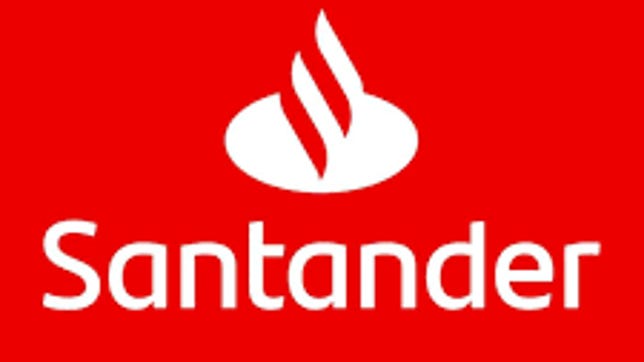
Santander
In November 2021, Santander Bank increased its overdraft threshold from $5 to $100 so that if your balance is overdrawn by $100 or less, you won’t be charged. If you overdraw more than $100, you’ll be hit with a $35 fee.
Santander also reduced the number of times you can be charged each day for overdrafts, at a maximum of three times per business day. It also eliminated its $12 Overdraft Protection Transfer Fee, meaning you won’t be charged when funds are transferred to your overdrawn checking account from your linked deposit account.
Alliant Credit Union
Alliant Credit Union is the largest credit union in Illinois and one of the largest in the country, offering online and mobile banking. In August 2021, Alliant eliminated overdraft fees and nonsufficient funds fees on all checking and savings accounts. Members can also join the bank’s Courtesy Pay program, which will cover checks, electronic payments and transfers that won’t clear due to insufficient funds, but you must deposit the overdraft amount into your account within 30 days. Alliant doesn’t charge a membership fee to enroll, unlike some credit unions, which may charge a base of $5 for signing up.
FAQs
How much do overdraft fees cost?
Overdraft fees vary by financial institution, but typically cost $30 per overdrawn transaction, according to the Federal Deposit Insurance Corporation. According to a Bankrate study, overdraft fees currently cost $33.58 on average. And the fee is usually fixed regardless of the transaction amount — some banks charge the same whether you overdraw $1 or $100. Some banks also charge you each time you overdraw, even if it happens within the same day.
Which banks have indicated that they will eliminate or reduce overdraft fees in the future?
Since overdraft fees have come under fire in recent years, some banks recently decided to end this practice or create new accounts without these fees. Other banks have simply cut back on the fee amount. The following banks have made formal announcements that they will be changing their overdraft fees policy sometime this year: BMO Harris, Citizens Bank and Keybank.
What are some ways to avoid overdraft fees?
If your bank currently charges overdraft fees and you want to avoid them, switch to another bank that doesn’t charge them. If you don’t want to switch banks, here are some other options:
- Opt out: Talk to your credit union or bank about opting out of overdraft fees. Once you opt out, transactions that exceed your available balance will be declined. Just keep in mind that if a merchant rejects your payment due to insufficient funds, your bank may hit you with a nonsufficient funds fee.
- Link your accounts: When you link accounts, any amount not covered by your checking account will automatically be covered by your savings account. Assuming you have money in savings, this is a far less costly option.
-
Sign up for low-balance alerts: Your bank may offer low-balance alerts through email or text message. These alerts will notify you when your balance falls below a certain threshold, which can allow you to add funds or avoid overdrawing.
What is being done to address overdraft fees on a national level?
Overdraft fees can pile up quickly, and they’re costing Americans billions of dollars every year. Both the House of Representatives and Senate in the US proposed bills last year to limit overdraft fees in order to protect consumers. Those bills haven’t moved beyond the initial introduction phase yet, and so, for the time being, overdraft fees continue to hang over us.
How are other banks responding to overdraft fees?
Some banks haven’t reduced or eliminated their overdraft fees, but have added ways to protect against them. For example, PNC’s Low Cash Mode will give you 24 hours to bring your account balance at least to $0 before you’re charged a fee, and you’ll also have the option to link a savings account or line of credit in case you overdraw your checking account.
The editorial content on this page is based solely on objective, independent assessments by our writers and is not influenced by advertising or partnerships. It has not been provided or commissioned by any third party. However, we may receive compensation when you click on links to products or services offered by our partners.

